So you want to be a travel writer, you want some tips?
Okay, first of all, after teaching travel writing over many years I can tell you most people never get published – sad but true. In fact, that’s why I stopped teaching – it didn’t feel right to be encouraging an almost impossible dream. Unfortunately, as a freelancer, you will find there are and fewer places for you to send your work to, and the competition is high.
You will also find that you will not be swanning around the world with free airline tickets accommodation in five-star hotels and meals at fancy restaurants – again, sad but true.
I’m sure your friends and family tell you that you write really well, that you should be a travel writer, that in fact, you should write a book. That may well be true, but and this is a big but, editors do not want articles sent to them that is really like a letter you sent your grandmother about your time in Rome; or the one to your girlfriend about the romantic date you had with a dishy Italian.
Something else that stops people fulfilling the dream to become a travel writer is a discipline and hard work it takes! It’s not just the writing, you will also need to be your own travel consultant, tax advisor, receipt keeper, bookkeeper, bookings maker, PR person, media and it is a chaser, and of course photographer. Oh, one more thing, you also don’t get paid until the editor actually prints your work – so make sure you have some cash hidden away.
However, if you love to travel, if you love to write, if you love to take photos, this is a great job: in fact, I think I have the best job in the world. I’m on the bottom of the food chain, but I have a great lifestyle. Sometimes I do get airline tickets and five-star accommodation too but that’s because people know my work and believe they get value for money from me. What’s even more confirming is that I have been invited more than once to the same place by the same tourism agencies.
I started travel writing after a year-long trip around the world, from Alaska to Zimbabwe. On my return to New Zealand, I took a small writing class where I was encouraged to send some of my travel stories to local newspapers and magazines. To my amazement, they were all accepted and cheques were sent to me – I immediately decided I would be a travel writer. It seemed it was that easy, but no over the following years, I received many ‘no thank you’ letters, or, as you will find out, silence from editors. Yes, that’s right, most don’t even answer.

at work in Malaysian Borneo

India
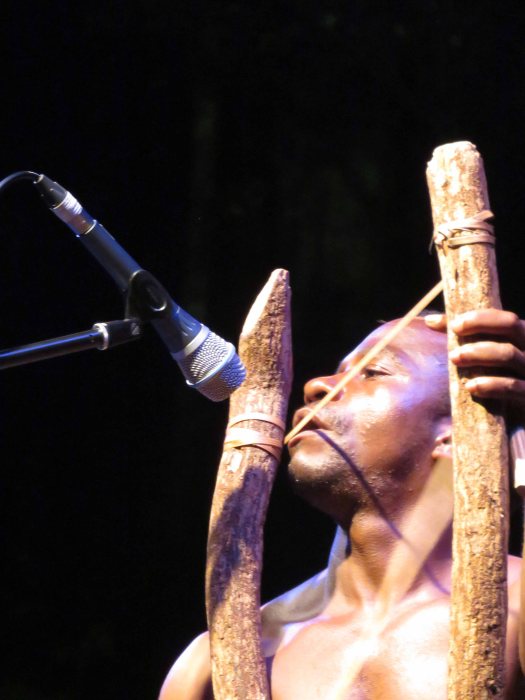
RWMF Kuching, Sarawak

Pelican in Florida

Christchurch NZ

Hippos kill manypeople
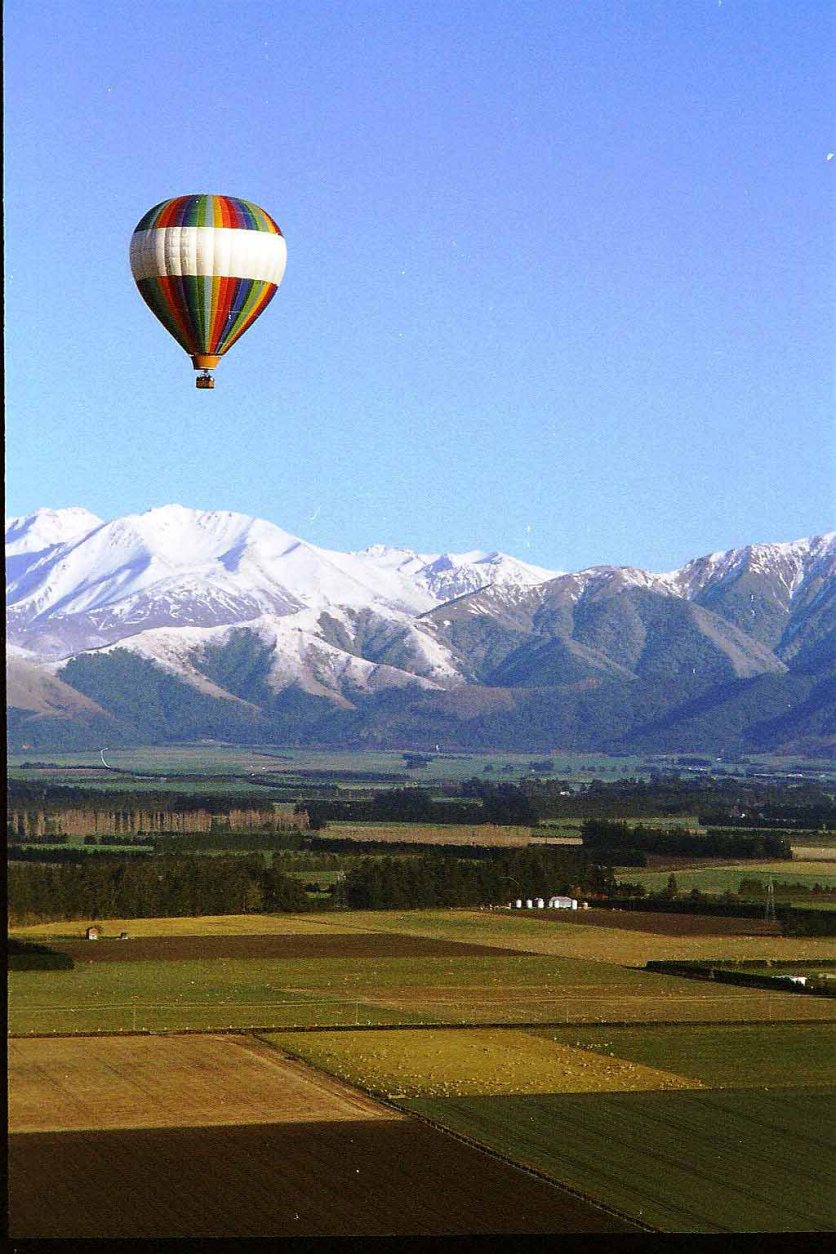
Canterbury, New Zealand
Nevertheless, if you decide to become a travel writer here are just a few tips – I don’t do these all the time, but mix-and-match to suit the occasion, and more importantly, the style of the magazine or newspaper I’m pitching to. As I am not a journalist, I very rarely approach editors before my travels – this is because mostly I’m a traveller who writes, not a writer who travels. Sometimes I have an idea of stories before I go, but usually, I just go exploring and stories find me. Back to that list of tips.
And, there are more in my travel memoir “Naked in Budapest: travels with a passionate nomad
- The basics: Learn about the place by talking to locals. Don’t interview the computer or guidebook your readers can do that for themselves
- Don’t write about places you haven’t been to -unless of course, you are doing a story about your bucket list
- Get lost – the best stories are not always in the main tourist destinations but in the back roads and streets of places
- Take notes, ask questions, get quotes, and note colours smells and tastes
- Avoid clichés like the plague – although I’ve just used one because occasionally they’re useful
- Lose the ‘best-kept secrets’, ‘city of contrasts’ and ‘unspoilt gems’. Why do lodges always ‘nestle’ at the foothills or ‘perch’ vulture-like atop a mountain with ‘breath-taking views’ over a ‘rustic’ village?
- Find a fresh angle to the story. Rarely will you find a place that has not been written about so find something original to grab a reader’s attention?
- Be realistic and tell the truth – in other words, talk about the filth, the cruelty to horses, the stray dogs or what seems to be, starving camels eating cardboard from rubbish dumps.
- This should have been my first tip: Read, read, read: Rinse and repeat, frequently. Good reading will make you a better writer. You will never develop your own voice and style without reading.
- Along with reading you need to write, write, write, even when you don’t want to. Paint a picture with words for your reader
- Add some historical or political context to add to the point. As Thomas Swick wrote in Roads Not Taken ‘It is the job of travel writers to have experiences that are beyond the realm of the average tourist, to go beneath the surface, and then to write interestingly of what they find … Good travel writers understand that times have changed, and in an age when everybody has been everywhere (and when there is a Travel Channel for those who haven’t), it is not enough simply to describe a landscape, you must now interpret it.’
- Write about your local area, become a travel expert on your own city. [When my city, Christchurch, New Zealand had the quakes in 2010/11 I was inundated with requests for up-to-date information and I ended up writing travel webpages for prestigious travel companies and airlines
- Don’t forget the old adage ‘Show, don’t tell’ and as Stephen King would tell you – lose the lazy ‘ly’ words, ditch the adverbs and flowery descriptions and find the perfect verb instead.
- Sometimes, others would say always, end with a punch or at least captures the point of the story. Don’t dare say you ‘can’t wait to return’ – it’s been done to death.
- When your piece is finished, read it out loud. Edit. Read again. Run the spellcheck- put your work aside for some hours or days, or even weeks, then read it out loud again then, and only then send it to an editor. But, make sure you have read their publication again and again so you know their style, and if they ask for 800 words that means 800 words. Not 802 not 850 but 800.

New Zealand

where to next?

China

Mumbai train station

NZ traffic jam

Hone at Waitangi
- If they require photos send your best half a dozen and caption them.
- And some final points, don’t tell people what you going to write as you can lose the essence of the story. Be like the Nike advert and just do it
- Don’t write for free. Let me repeat that don’t write for free. If it’s worth publishing, it’s worth paying for. You don’t need a portfolio to start, the editor is only interested in the piece in front of them.
- Start a blog, practice writing there, give it away free there: I have had many invitations to events and countries (and that’s not easy when you live at the bottom of the world) by people who have found me through my blog. And of course,
- you need to be on all social media to encourage all those eyeballs over to your blog.
Share this with friends & followers
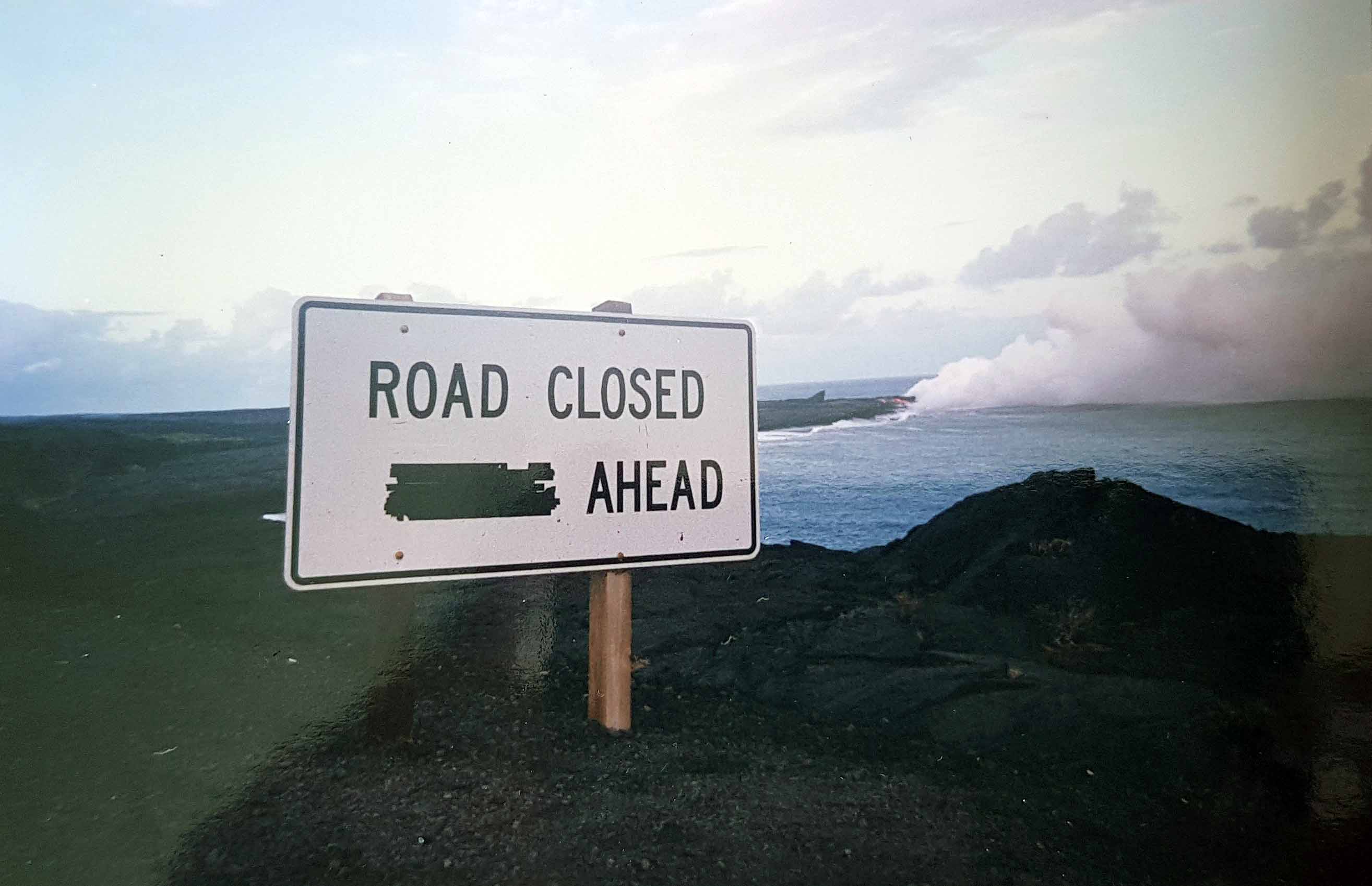

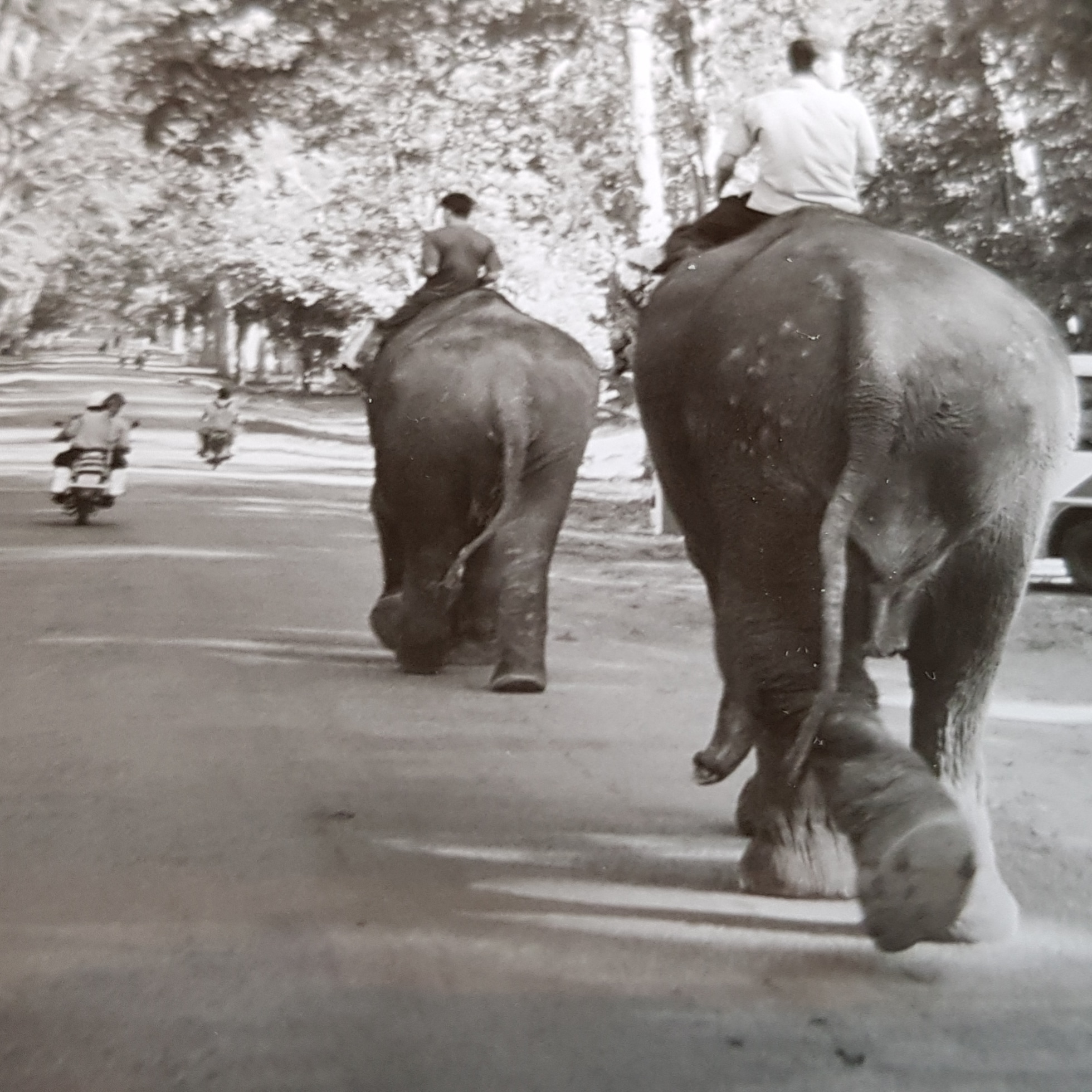

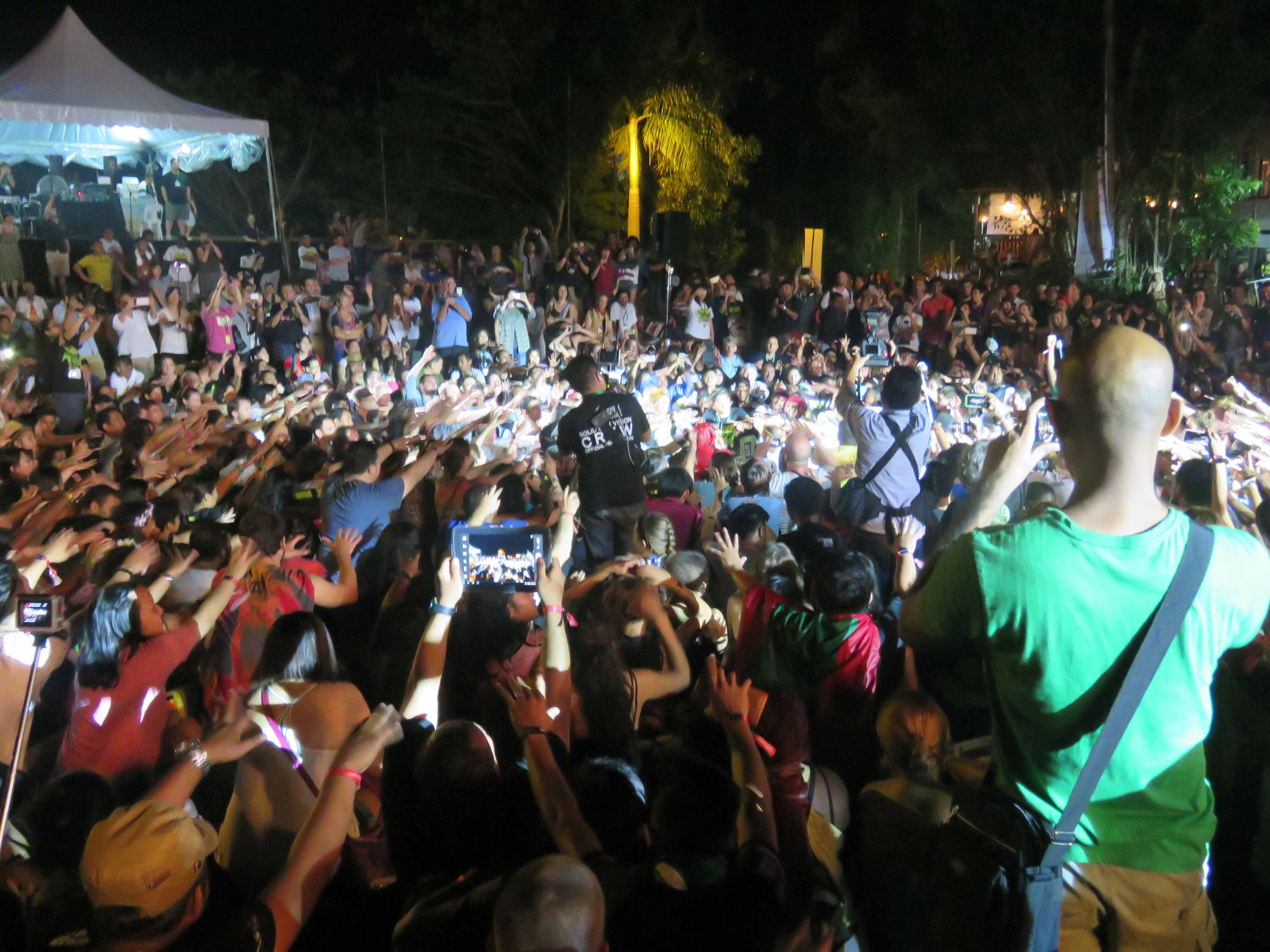
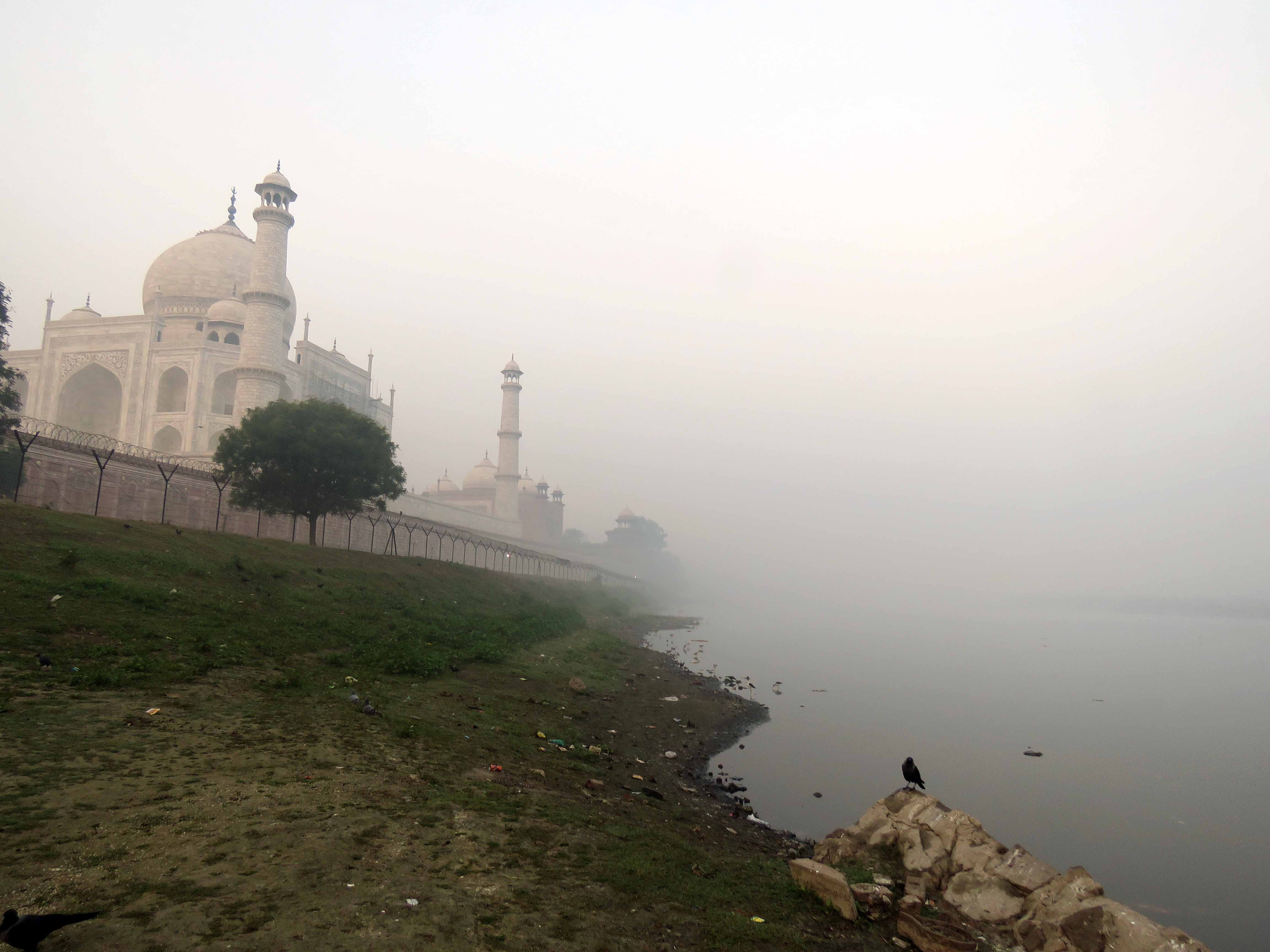

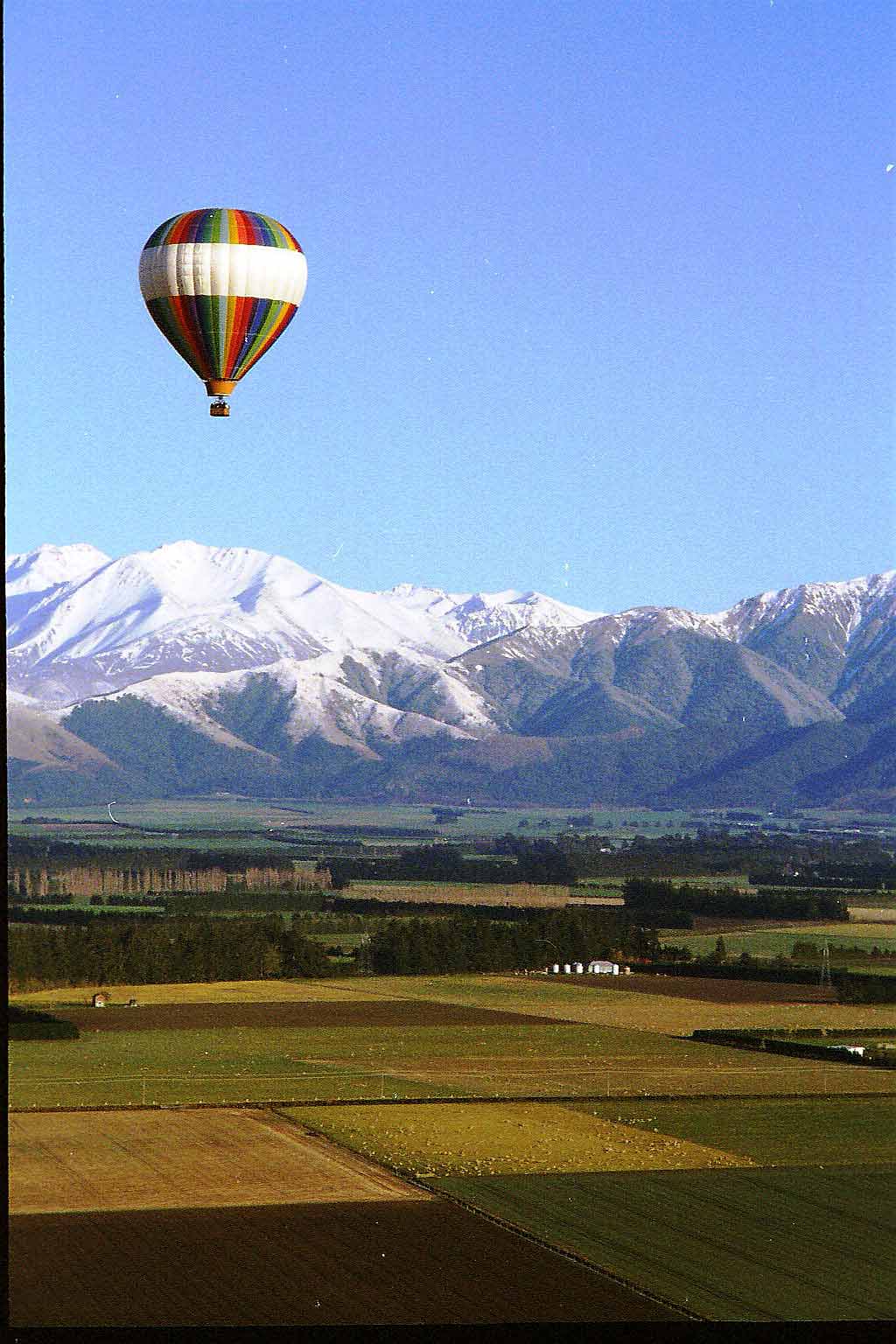

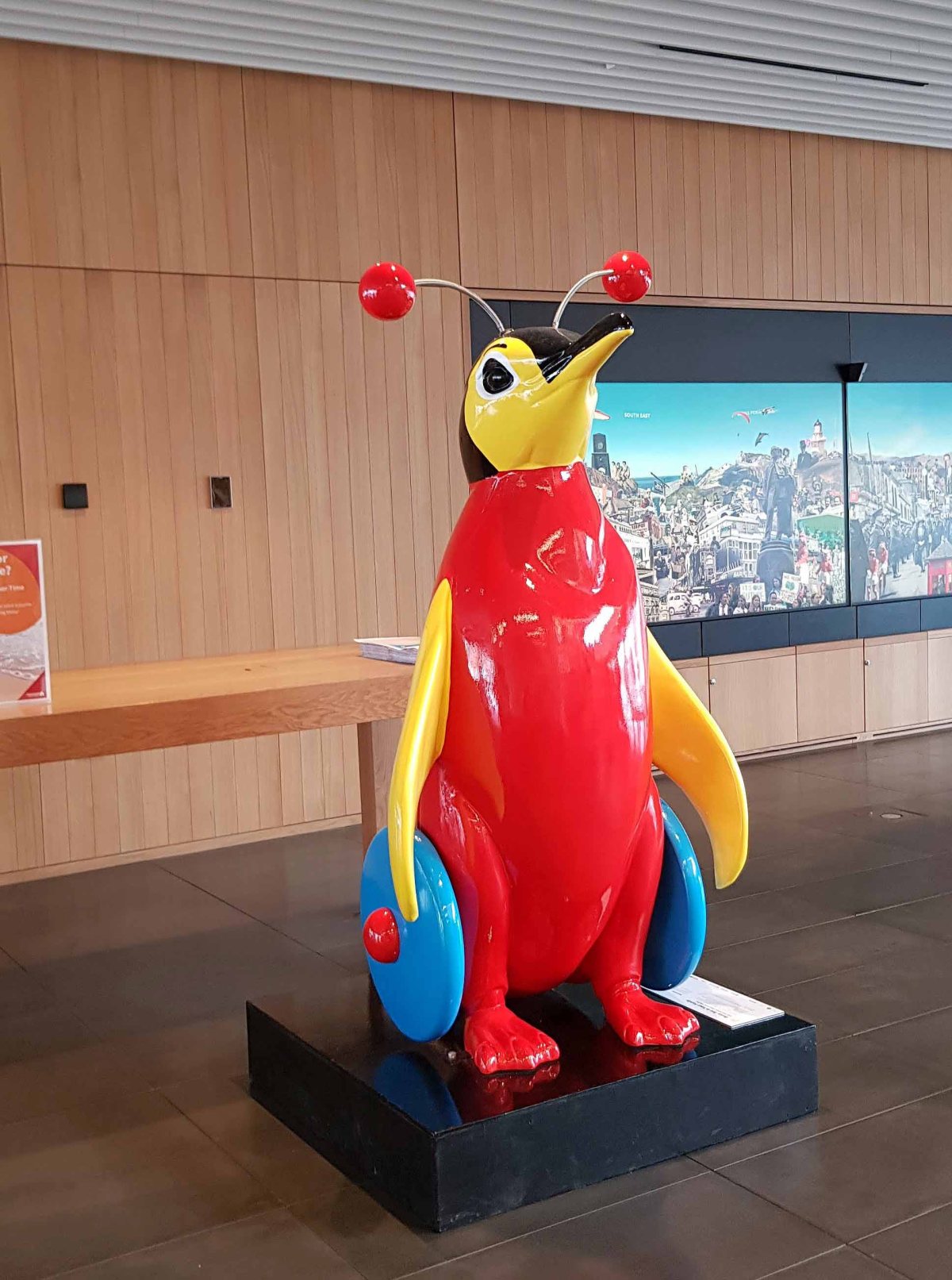
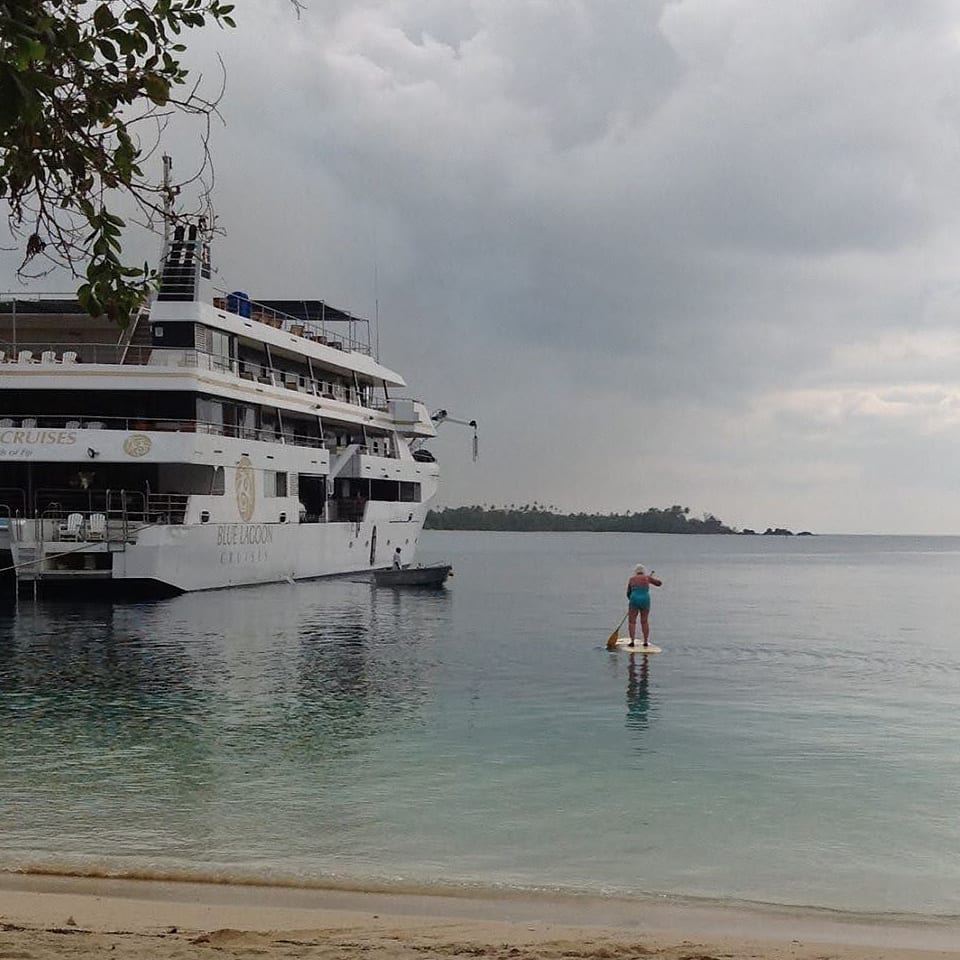
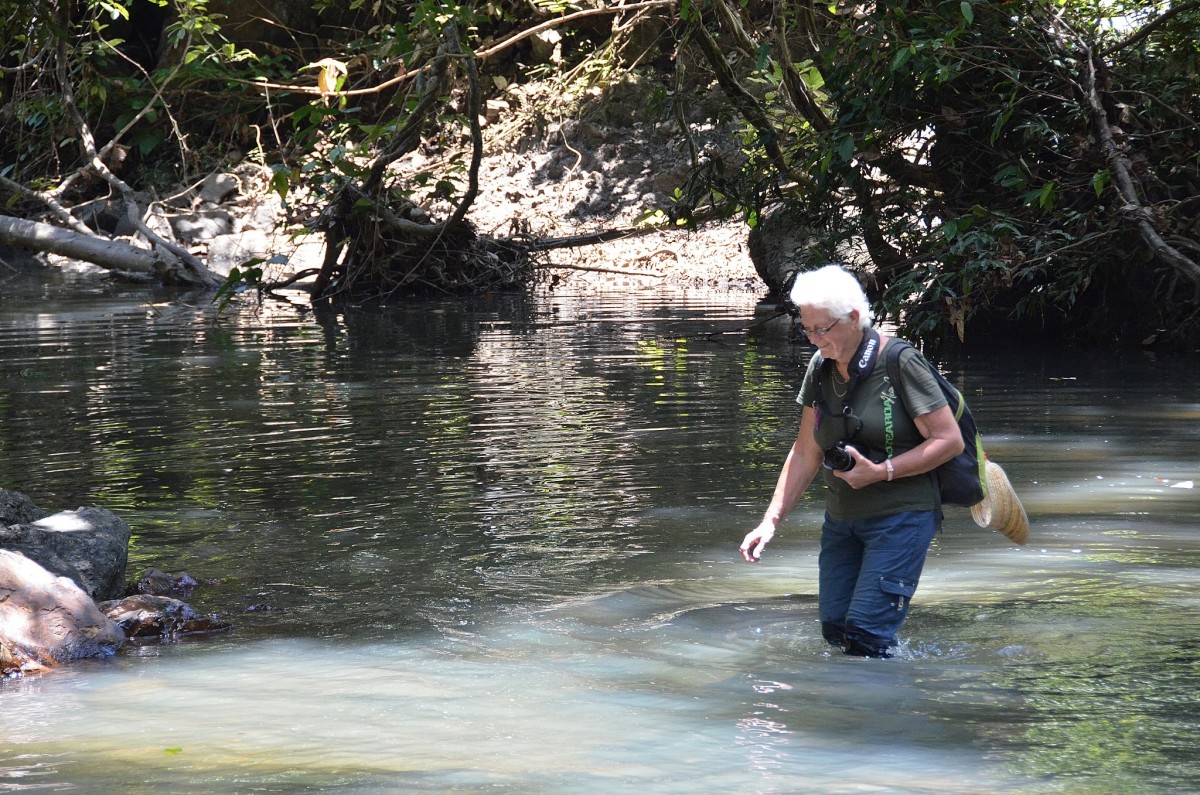































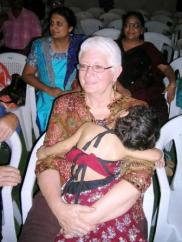



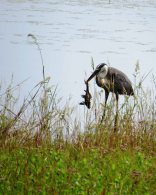


































 Checking into the Hilton Kota Kinabalu, that evening we had early dinner with Jeremy, the marketing manager from the Hilton: he didn’t need to do any ‘marketing’ as the hotel and the Rooftop Poolside Bar and Grill spoke for itself. I had an Angus beef steak which was thick, tender and cooked perfectly, exactly as I’d requested – rare. Judy had salmon and said it too was faultless.
Checking into the Hilton Kota Kinabalu, that evening we had early dinner with Jeremy, the marketing manager from the Hilton: he didn’t need to do any ‘marketing’ as the hotel and the Rooftop Poolside Bar and Grill spoke for itself. I had an Angus beef steak which was thick, tender and cooked perfectly, exactly as I’d requested – rare. Judy had salmon and said it too was faultless.

























